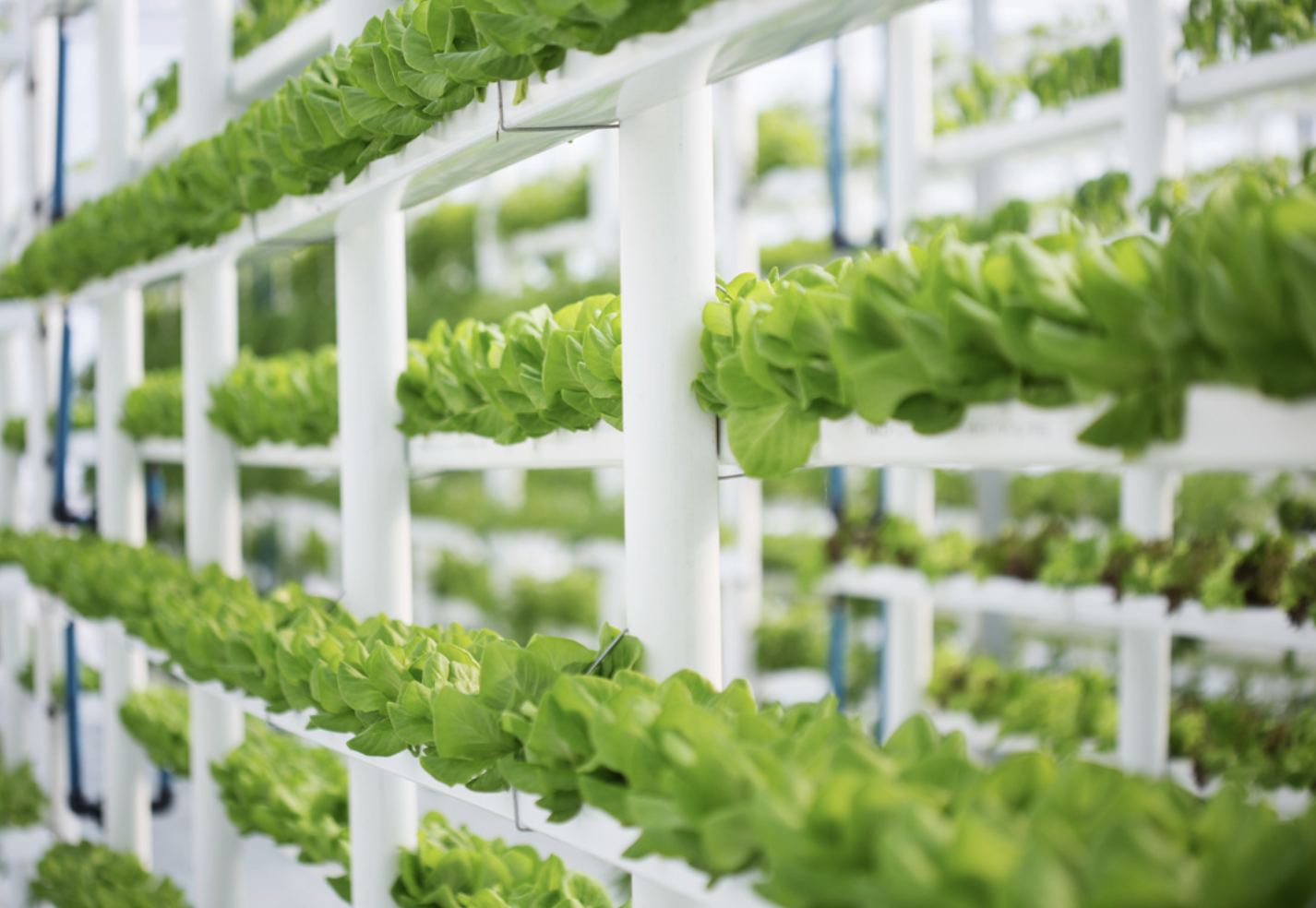In a time when sustainability challenges dominate global tourism discussions, Bali is stepping up to redefine itself as a destination where innovation meets responsibility. Far from being just a tropical getaway, Bali is emerging as a leader in quality tourism—an approach that balances luxury, cultural preservation, and environmental care. With breathtaking clifftop resorts, tranquil rainforest retreats, and forward-thinking wellness sanctuaries, Bali showcases how green hospitality can leave a lasting impact.
1. Alila Villas Uluwatu – Pioneering Sustainable Luxury
Perched dramatically on a cliff overlooking the Indian Ocean, Alila Villas Uluwatu leads the way in green innovation. As the first resort in Bali to achieve EarthCheck Platinum Certification, its design uses locally sourced materials, natural ventilation, and energy-efficient systems. The resort also practices water recycling and supports local communities through farm-to-table dining experiences. Guests leave not just with unforgettable memories but also with a deeper understanding of sustainability in action.
2. Desa Potato Head – A Zero-Waste Vision
In Seminyak, Desa Potato Head redefines sustainable tourism with its zero-waste philosophy. The resort integrates a Waste Lab that transforms discarded materials into functional items and operates entirely on renewable energy. Its design features upcycled and locally sourced materials, creating an eco-chic aesthetic that inspires both guests and industry leaders. Visitors can participate in workshops on composting, reducing waste, and creating sustainable crafts, blending creativity with conservation.
3. The Apurva Kempinski – Gastronomy Meets Sustainability
Beyond its iconic architecture, The Apurva Kempinski in Nusa Dua emphasizes sustainable gastronomy. The resort’s farm-to-table program not only supports Bali’s agricultural communities but also minimizes its carbon footprint. Guests can indulge in exquisite culinary experiences while learning about sustainable food practices and local traditions. Kempinski’s commitment to sustainability extends to energy-efficient systems and water conservation initiatives, ensuring every aspect of its operation aligns with its green mission.
4. Desa Wisata – Inspired by Green Innovation
Bali’s success in green sustainability has become a blueprint for many desa wisata (tourism villages) across the island. These villages, such as Penglipuran in East Bali and Munduk in North Bali, integrate eco-tourism practices with cultural preservation. Inspired by the big resorts mix with the local wisdom, they adopt renewable energy, promote zero-waste initiatives, and offer immersive experiences like traditional farming, bamboo crafting, and cultural performances. These villages provide visitors with authentic experiences while empowering local communities and preserving Bali’s heritage.
Why This Matters
Bali’s commitment to green sustainability is more than a trend—it’s a necessity. These properties and desa wisata demonstrate that tourism can be a force for good, promoting environmental stewardship, enriching local communities, and delivering quality experiences. By investing in green innovations, Bali is setting an example for the world, proving that sustainability and luxury are not mutually exclusive.
As we look ahead to BBTF 2025, themed “Indonesia: Preserving Green Nature and Cultural Heritage for the World,” let these examples inspire your journey. Explore Bali’s hospitality leaders and discover the true meaning of impactful tourism.






